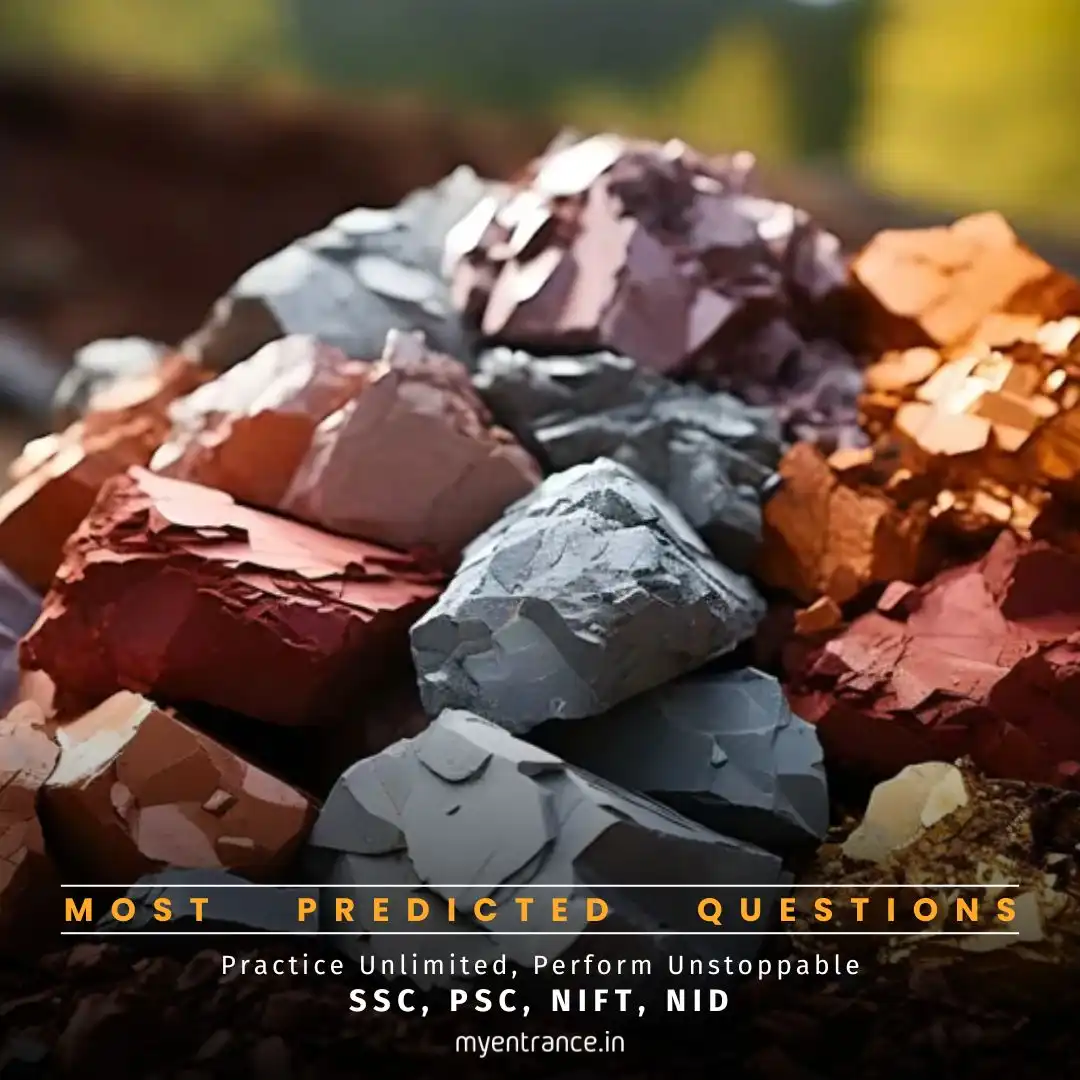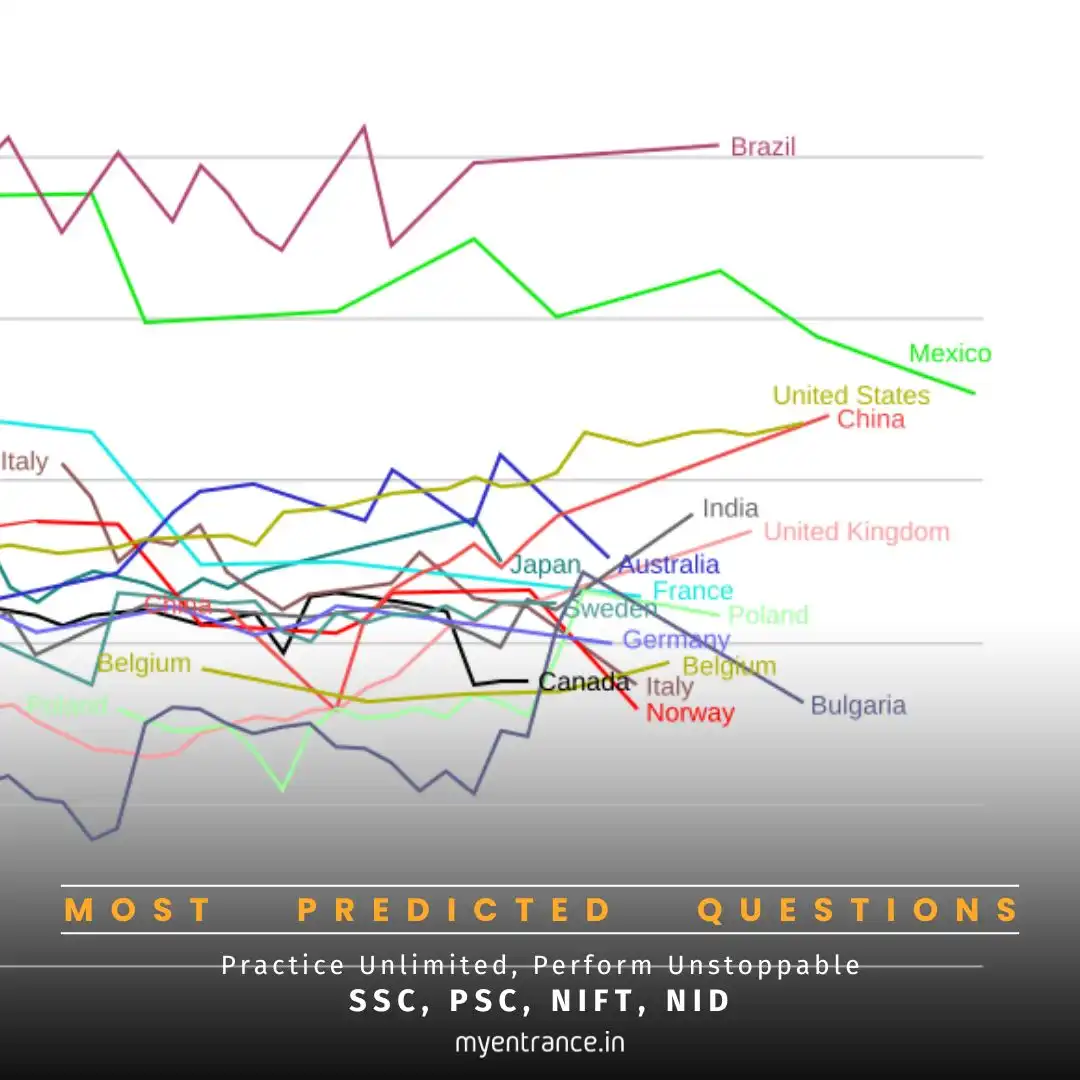Select Language
Why is Australia Betting Big on India’s Critical Minerals Sector?
Australia is actively seeking to deepen its partnership with India in the critical minerals sector, emphasizing technology transfer and joint processing capabilities. Nathan Davis, Trade & Investment Commissioner of Australia, highlighted the country’s expertise in extracting and processing over 30 critical minerals, positioning it as a key ally in India’s push toward clean energy.

Why This Collaboration Matters
Advanced Technology Transfer: Australia is a global leader in mineral extraction and processing, offering India cutting-edge techniques to refine critical minerals essential for renewable energy and heavy industries.
Boosting India’s Clean Energy Goals: With India rapidly expanding its renewable energy infrastructure, access to high-quality refined minerals will be crucial for manufacturing solar panels, wind turbines, and batteries.
Two-Way Investment Opportunities: Both nations are exploring joint ventures where minerals can be processed in Australia while India develops complementary refining capabilities.
Economic & Strategic Benefits: This partnership aligns with Australia’s $40 million investment in bilateral trade through the South Australia Business Exchange and the long-term Australia-India Economic Roadmap.
Key Focus Areas of the Partnership
Clean Energy: Critical minerals like lithium, cobalt, and rare earth elements are vital for electric vehicles and renewable energy storage.
Heavy Industries: Refined minerals support steel, aerospace, and defense manufacturing.
Sustainable Mining Practices: Australia’s expertise ensures eco-friendly extraction and processing methods.
Sample Questions & Answers for Competitive Exams
Q1: What is the main focus of Australia-India collaboration in critical minerals?
A: The partnership emphasizes technology transfer, joint processing, and supporting India’s clean energy sector.
Q2: How many critical minerals is Australia recognized for?
A: Australia has expertise in over 30 nationally recognized critical minerals.
Q3: What role does technology transfer play in this partnership?
A: Australia aims to bring advanced mineral processing technologies to India to enhance refining capabilities.
Q4: Which sectors in India will benefit from this collaboration?
A: Renewable energy, heavy industries, and electric vehicle manufacturing will see significant benefits.
Q5: What is the Australia-India Economic Roadmap?
A: A 10-year strategy focusing on clean energy, tourism, education, and agribusiness to strengthen bilateral ties.
Why This Matters for Competitive Exams
Questions on international collaborations, clean energy, and economic partnerships frequently appear in exams like SSC, PSC, UPSC, and other entrance tests. Understanding such global agreements helps in:
General Awareness Sections (especially for banking and civil services).
Economics & Current Affairs (useful for interviews and descriptive papers).
Environmental Studies (key for exams with sustainability-focused syllabi).
Get 3 Months Free Access for SSC, PSC, NIFT & NID
Boost your exam prep!
Use offer code WELCOME28 to get 3 months free subscription. Start preparing today!















